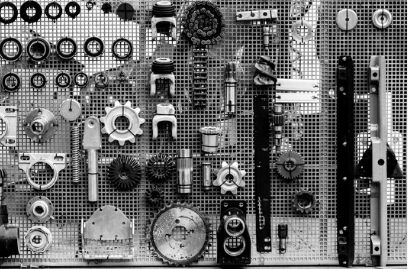During a recent visit to a construction site, I was amazed by how much crane technology has advanced. My friend Mike, who runs the operation, showed me his newest crane. “These aren’t your grandfather’s crane parts,” he said. “The materials we’re using now are revolutionizing the industry.”
The Evolution of Strength
Steel used to dominate the world of crane parts, but that’s no longer the case. Today, materials like carbon fiber reinforced polymers are becoming the norm. These composites offer the same strength as steel but are significantly lighter. Mike explained how this has improved fuel efficiency and given operators better control over their equipment.
Smart Materials: A New Era
One of the most exciting developments is the use of smart materials in crane parts. These materials can sense stress, temperature changes, and wear patterns, providing real-time data on structural integrity. During a visit to a manufacturing facility, I saw engineers testing sensor-embedded crane parts that could alert operators to potential issues before they became serious problems.
Sustainability in Crane Parts
Modern crane parts aren’t just stronger and smarter—they’re also more sustainable. Manufacturers are increasingly using recycled composites and bio-based materials, reducing waste and energy consumption. This shift toward eco-friendly materials is helping the construction industry become more environmentally responsible.
Cost vs. Value: A Long-Term Perspective
While advanced crane parts come with a higher upfront cost, their long-term benefits are undeniable. Sarah, a construction manager, shared how these materials have reduced maintenance costs, improved fuel efficiency, and extended the lifespan of her equipment. “It’s not just about the price tag,” she said. “It’s about the value they bring to your operations.”
Looking Ahead: The Next Frontier
The innovation in crane parts shows no signs of slowing down. Manufacturers are experimenting with self-healing materials, ultra-lightweight alloys, and smart coatings that prevent corrosion. These advancements promise to make cranes even more efficient, durable, and environmentally friendly.
Making the Transition
If you’re considering upgrading your equipment, start by replacing key crane parts one at a time. This approach allows you to manage costs and gives your team time to adapt. Proper training is essential, as these new materials often come with unique maintenance requirements. Partnering with reliable suppliers is also crucial to ensure quality and performance.
The Human Element
Advanced crane parts aren’t just improving equipment—they’re enhancing the lives of operators. Reduced vibration, smoother operation, and less fatigue are just a few of the benefits. As one operator put it, “It’s like going from driving an old truck to piloting a luxury car.”
The Bottom Line
The advancements in crane parts are revolutionizing the construction industry. They’re making operations safer, more efficient, and more sustainable. Whether you manage a large fleet or a single crane, understanding these innovations is key to staying competitive in a rapidly evolving industry.
As Mike likes to say, “The Kobelco crane parts you choose today will determine your success tomorrow.” In an industry where every lift counts, these advanced materials are proving to be game-changers for those willing to embrace the future.
